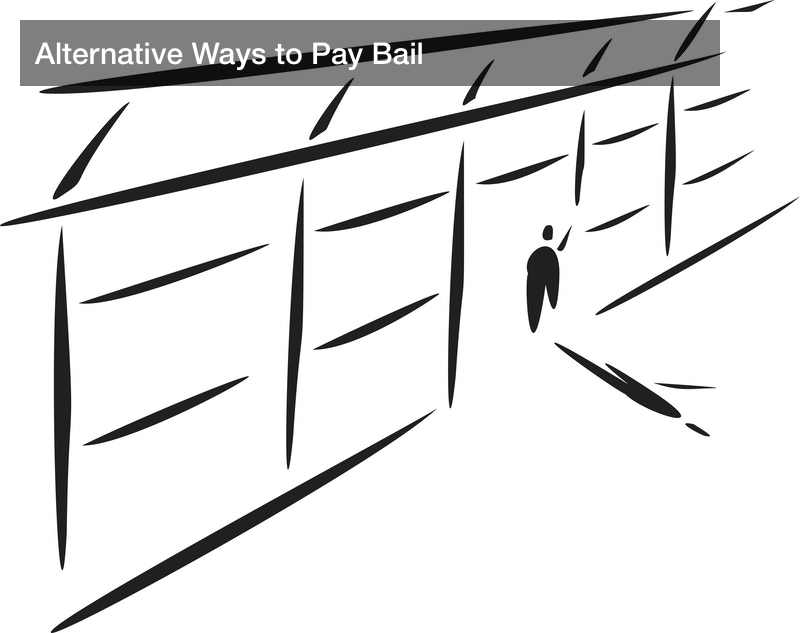
Life is unpredictable, anything that is bound to happen will, and you need to make sure to prepare before it does. The abrupt nature of life can turn family from harmonious to confusion in a matter of minutes without providing little reconciliation for anything. The situation that affects family matters is one of the leading ways in which a family is quickly broken apart, with roughly 50% of children in the U.S being affected by divorce.This situation is more common than one might think, on average marriages lasts eight years before ending a divorce—and nearly 91% of custody agreements are ordered to be outside of the courtroom. The legal parameters of separation can become tricky, completely throwing lives in disarray, but fortunately, family lawyers are willing to help every step of the way.
Tips For Co-Parenting After A Divorce
1. Children are the #1 priority. Going through a divorce is both physically and mentally taxing for both parties, but you have to be aware of the image you’re setting for your child. Children are very impressionable during their early years, and seeing dysfunctional behavior can often place them on a similar path. Children feel the weight of a divorce—sometimes even more than the parents, because their family unit isn’t stable any longer, be sure to discuss the situation with your child, and most importantly be there during for their emotional highs and lows.
2. Be civil.The worse thing a parent can be during a divorce is heightened tensions through constant remarks or behaviors with negative connotations or ill-will. Focus on the legal matters at hand, and what’s best for the children involved.
3. Enlist the legal assistance of a parent facilitator. If a child is 12 years of age or older, they have the right to speak with a judge privately regarding their living situation preferences. Custody agreements can be a tricky aspect of divorce because it‘s where the most tension is apparent. Therefore, it’s important to reach out to a family lawyer to contact a facilitator to help reach an amicable resolution.
4. Opt for a collaborative divorce. Collaborative divorce allows parents an opportunity to solve the legal details of the divorce and custody-related matters by enlisting the help of a family lawyer and other experts to make the family situation a smooth transition for children and parents, alike.
5. Communication. Open communication is key to having a favorable custody arrangement, be sure to have consistent contact with the other parent through comfortable means of communication. If texting or talking on the phone is uncomfortable, take additional measures of setting a line of communication that works for both parties.
Helping Children Cope After A Military Divorce
Children are often the primary victims of a nasty divorce, and their emotional needs can become neglected through the hectic process of custody battles and preferred living arrangements. Their neglect often shows itself in outlandish behaviors that get them into trouble. Divorces are highly situational, meaning there certain divorce cases that can bring more turmoil and stress to a family than others—military divorce is one of those high-stress situations. Bringing a family lawyer into the position is typically the first thing to do, but there are certain restrictions and regulations for military divorces that call for hiring a specialized military divorce attorney.
There are unique situations that encompass those married and actively serving in a branch of the military, and a military divorce lawyer would be the only legal professional to assist. Certain exemptions are depending on which state you live in—military divorce lawyers in San Antonio, Texas have certain legal aspects they can take to speed up the process potentially. Divorces are covered by the Federal Service Members Civil Relief Act, that allows service members on active duty to postpone pending divorce trials until they can return. Usually, these delays can take months or even years to resolve legally, but during that time it’s best to prepare your child for the situation at hand. Children are very aware of their family structure. If they’re emotional unprepared for the divorce, it can lead to them acting out or even worse. Be sure to consult with a mental health professional to ensure your child is appropriately expressing their emotions amidst the divorce.

